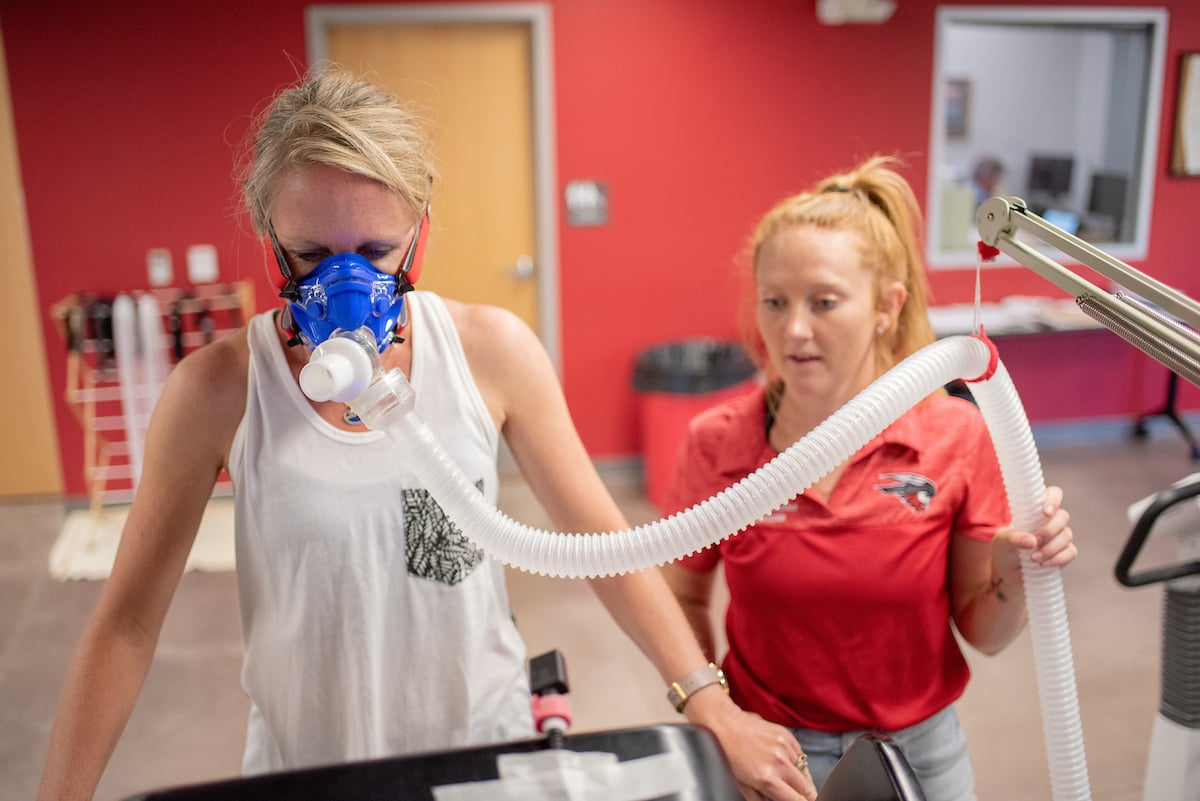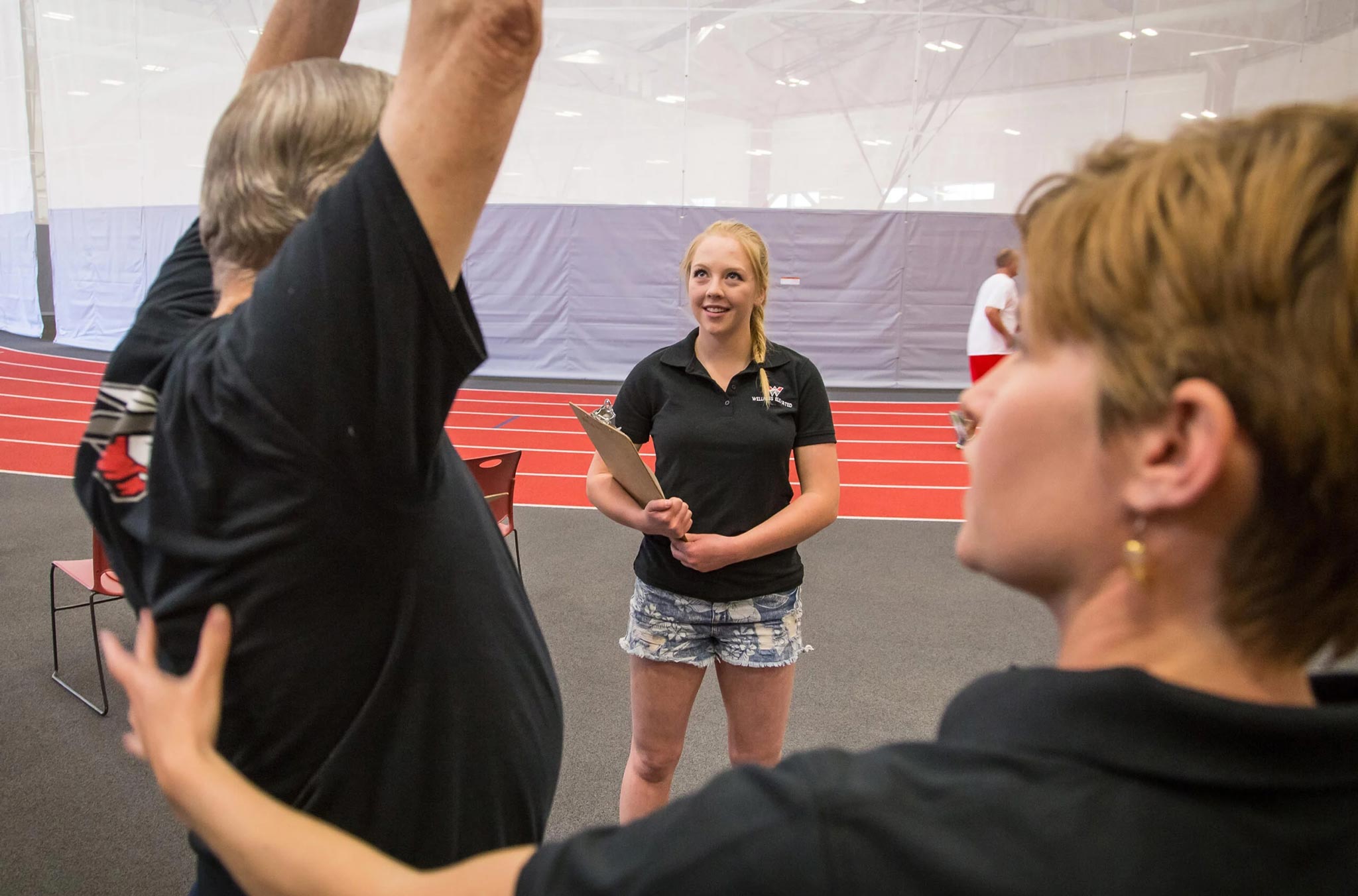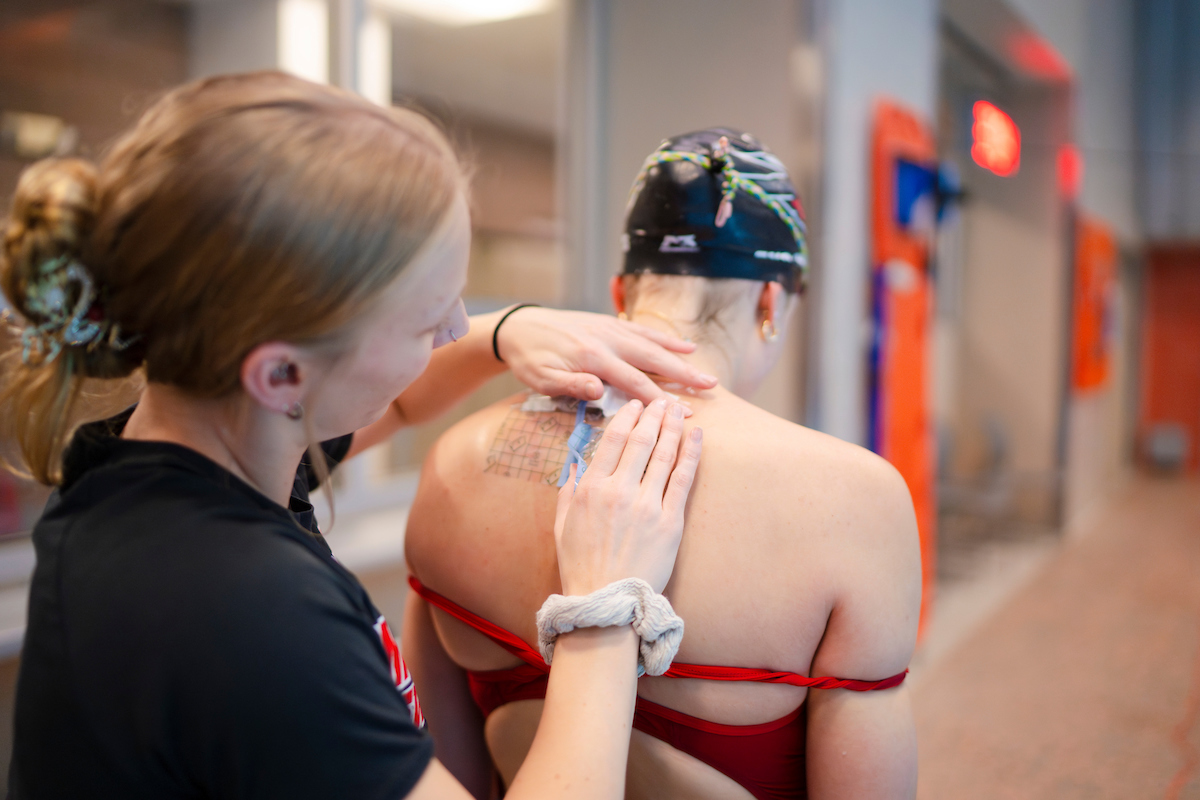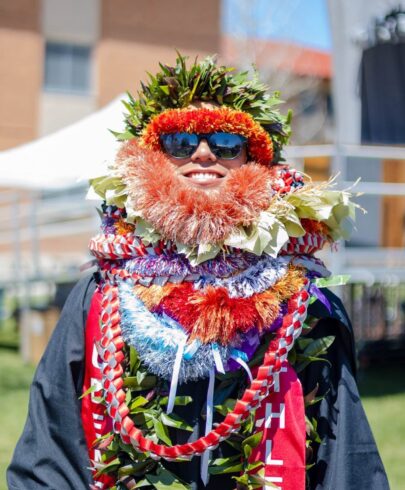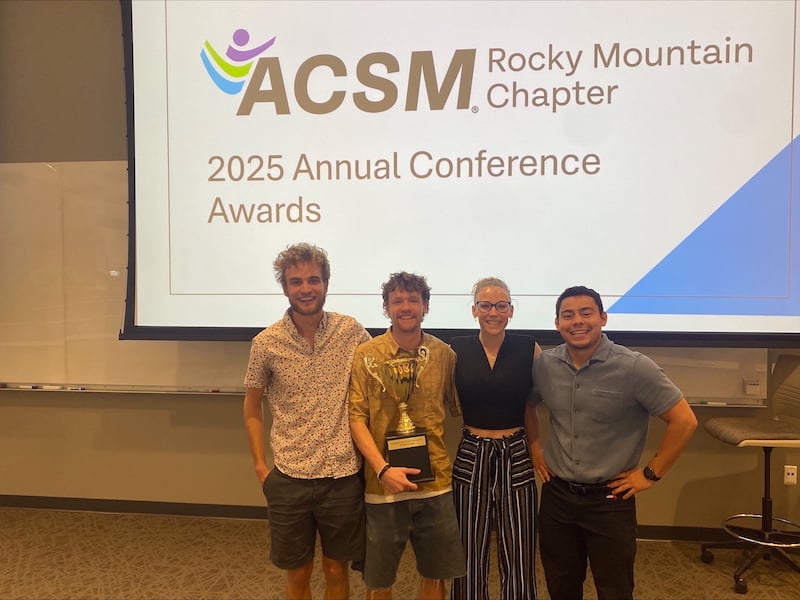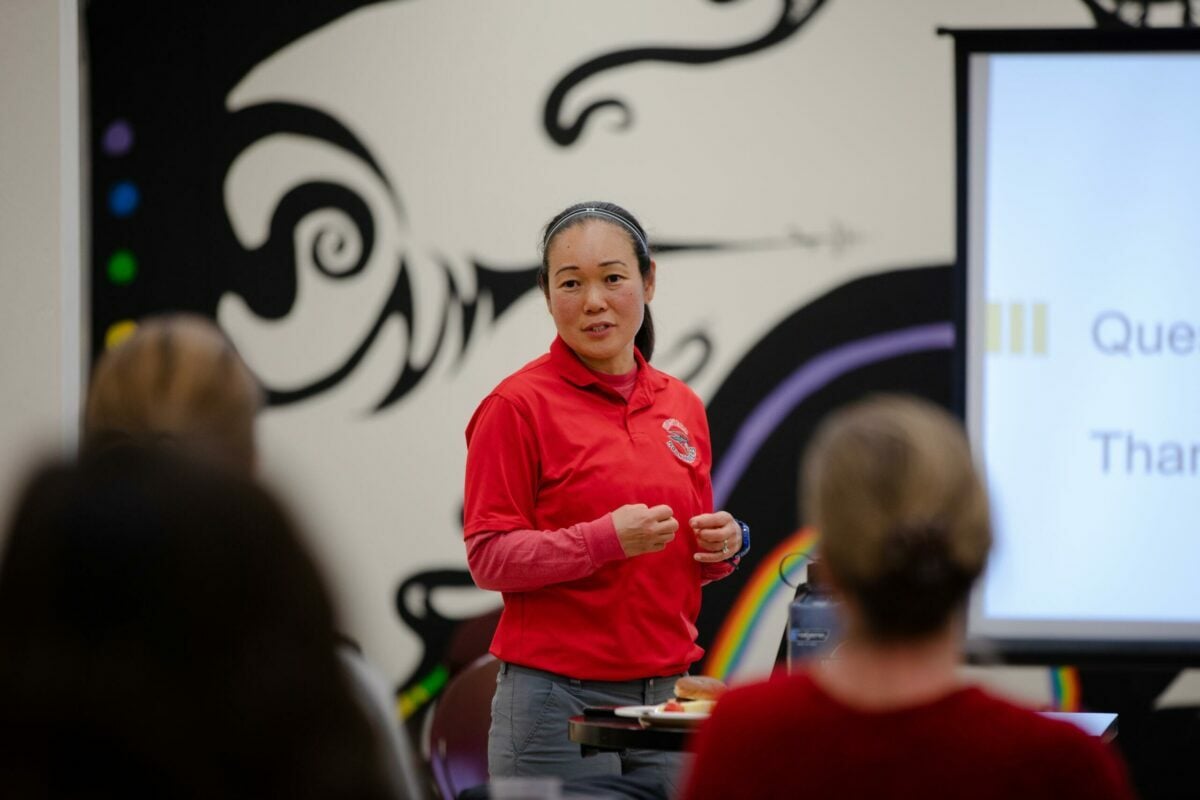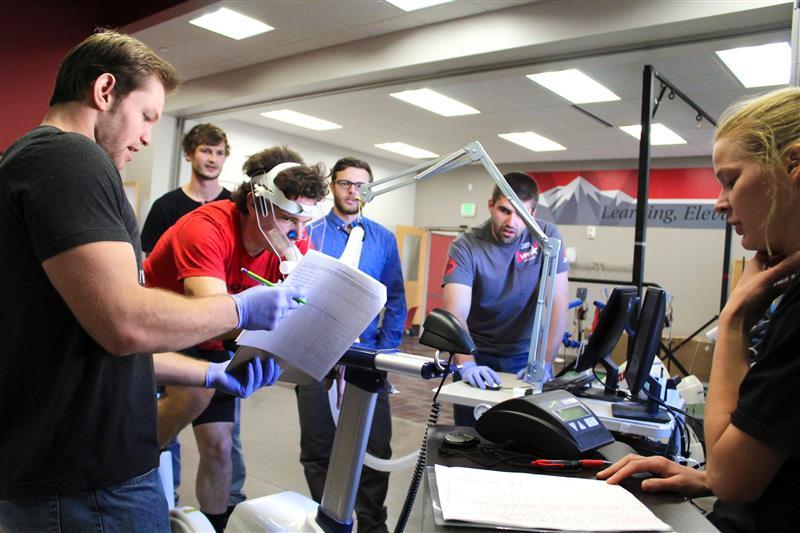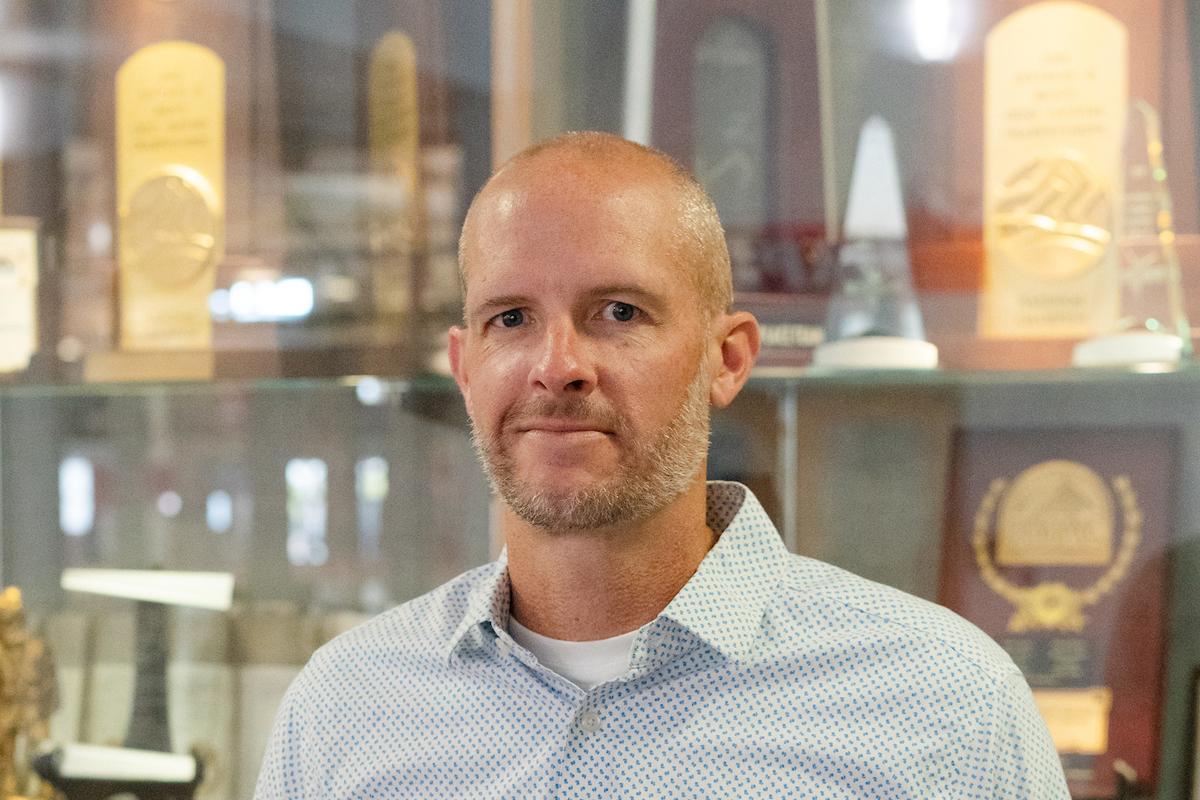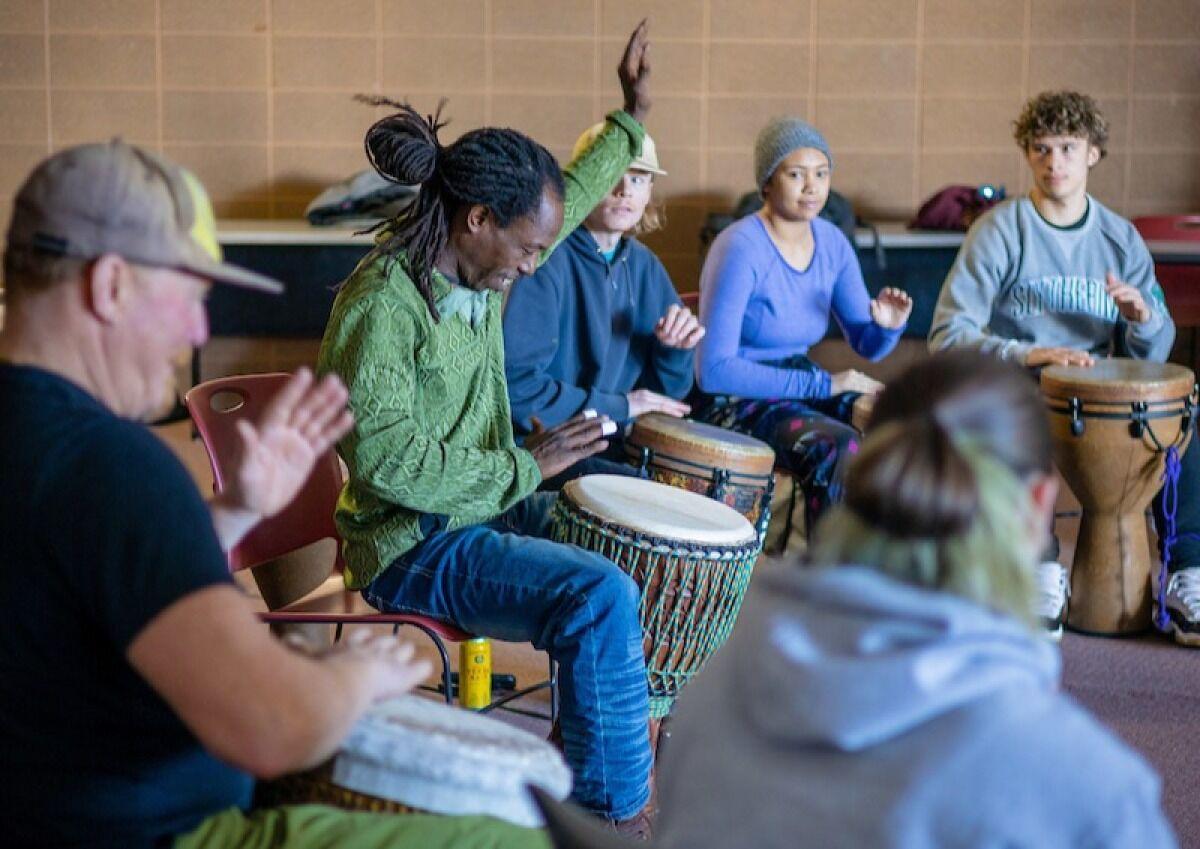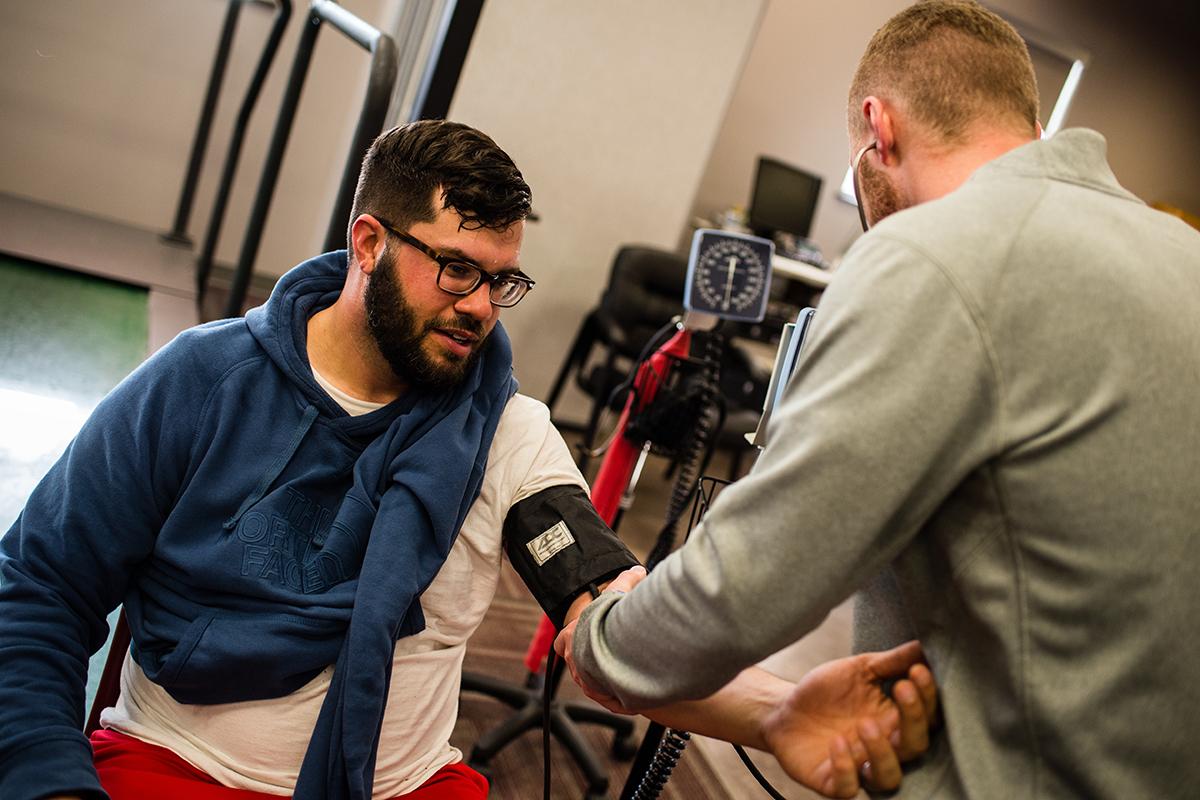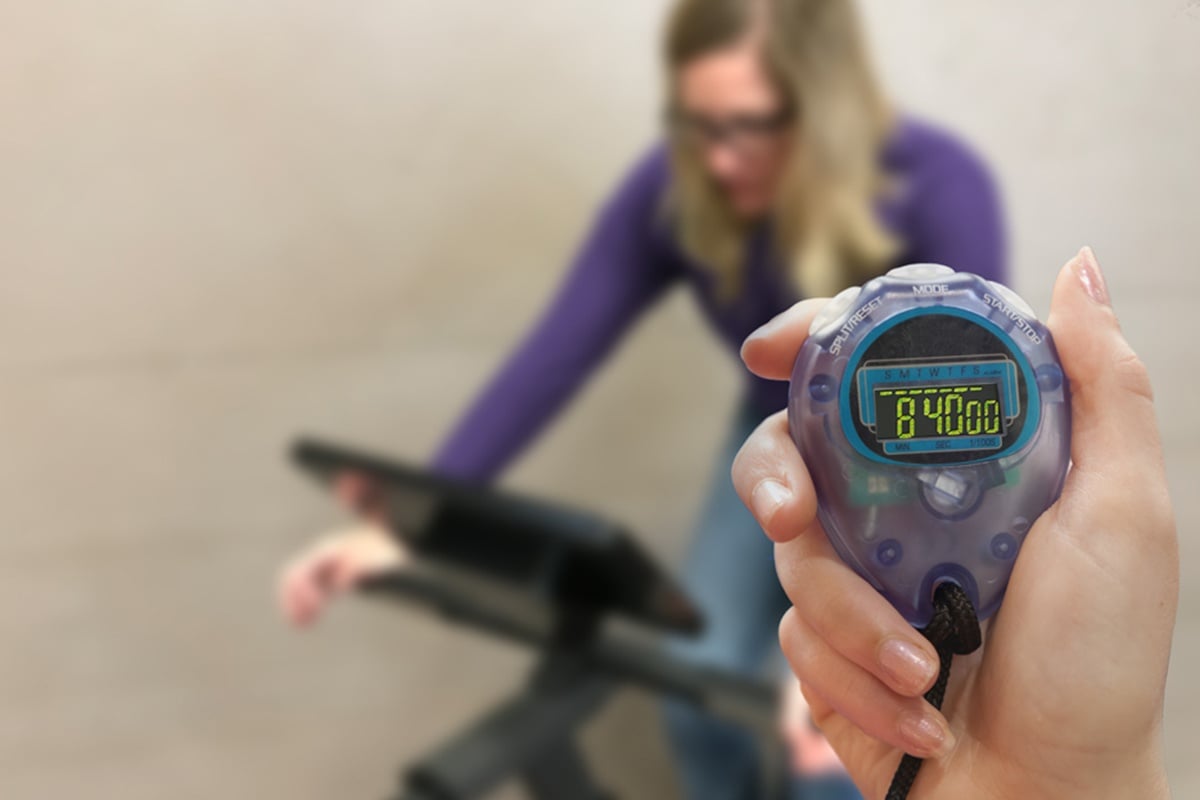Push the limits of human performance.
The Applied Exercise Science and Performance (AESP) program at Western Colorado University is a graduate program where students earn a Master of Science (MS) degree. It is a rigorous, research-based program that focuses on understanding how the body responds and adapts to physical activity in high-altitude environments.
Students in the AESP program engage in hands-on, cutting-edge research while developing the skills necessary for careers in fields such as athletic training, physiology, rehabilitation, and health sciences. The program emphasizes both practical applications and theoretical knowledge, ensuring that graduates are prepared for a variety of health-related professions or advanced academic pursuits.
